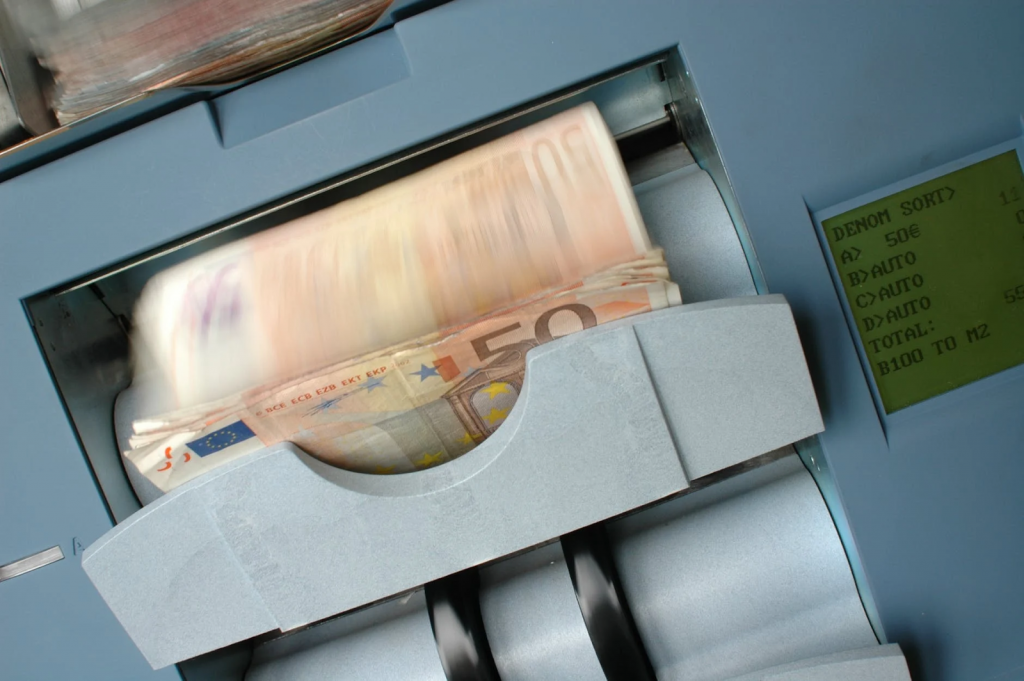
Online transactions have become the most common method of payment in the twenty-first century. Credit cards that used to be the only channels for an electronic money transfer now have to compete with numerous other gateways, like net banks, Unified Payments Interface and all sorts of online wallets.
Online payments are quick and easy, and the method suits the modern lifestyle perfectly. Wherever you are located at the moment, you can send and receive money from/to anywhere in the world as long as you have access to the Internet and an account with some payment gateway provider. In fact, you don’t even need a computer for it anymore – a simple smartphone will be good enough.
But what is a payment gateway? How does it work? What are the advantages of online payment processing? Which options are available, and how to choose the best one? These are the questions that we will try to answer for you in this article.
What is a payment gateway?
Essentially, a payment gateway is a software interface and an information channel between your bank and the recipient of your payment. It sends credit card transactions to the bank and processes payments that have been authorised. This way, it resembles a POS terminal in a shop. In fact, a POS is an offline payment gateway.
If you would like to pay with your credit card in a physical shop, for example, just having your card with you won’t be enough. You have to swipe it, initiating the payment processing thereby. The information is sent to a special service that decides whether to authorise or decline the transaction and if it is authorized, the money is transferred from your bank account to the shop’s account. An online payment gateway does precisely that with online transactions.
How does a payment gateway work?
The page on a merchant’s site where customers enter their credit card details will either transfer the information to the payment gateway or may actually be provided by the gateway itself. Once all the details have been entered, the gateway sends them to the payment processor. When the transaction has been authorised, it transfers the money to the merchant. Finally, whether it’s been authorised or not, all the parties involved are informed about the results of the transaction.
Effectively, it facilitates communication between all the parties involved. And since security is the major concern in any online transaction, payment gateways process all financial information in an encrypted form. This service may be provided to you by your bank, and you may choose to work with an independent payment service provider.
Is online payment processing safe?
Payment gateways are responsible for the security of all sensitive financial information. Their services enable your business to accept payments via different modes, not necessarily credit cards only. For the same reason, if you are a regular customer and use their services quite often, you can save your card details there, not to enter them each time, and feel confident they will be protected from any threat.
Many payment gateways, including PayPal, offer additional fraud screening tools to help you reduce the risk involved in online transactions. The risk is reduced even further by their constant focus on the security of each transaction via standard authentication procedures that verify the identities of both parties.
What are the advantages of a payment gateway?
If you are involved in exclusively online commerce, all your payments are processed online too, and a payment gateway is not an advantage, but a must for you. It is simply impossible to do it otherwise on the Internet. Actually, a payment gateway becomes almost indispensable in any case since most customers would probably prefer to pay you online.
Still, it gives you more than that. Some payment gateways, like White-Label-Wallet, for example, allow their clients to create wallets on their sites and use mobile wallet applications to transfer money from their bank accounts to their wallets in order to make future transactions from there.
Incidentally, having an online wallet in your payment gateway is more than just a question of convenience. It becomes one of their most attractive advantages. Basically, these services provide an alternative to the more standard banking system, which under current circumstances (in the West, at least) leaves a lot to be desired.
Finally, if you’d like to sell some products or offer some services, your online presence vastly expands your market geographically. Actually, you become available all over the world. It also makes it easier for you to advertise your business and for your customers to order from you. Thus, making some payment gateway available on your site becomes a key instrument in any successful business nowadays.
How to choose a good payment gateway?
There are several things to look at in the selection process. Experience proves that a good payment gateway will offer
- many different payment methods,
- high security and free anti-fraud tools,
- good support,
- opportunities for integration,
- easy and quick onboarding,
- free setup and zero or very low charges.
Summary
Since business and commerce have almost entirely moved to the Internet everywhere in the world, online transactions are now an indispensable part of any business administration, which can only be done via online payment gateways. Security, convenience, and success are still the issues, however, and this is where payment gateways become more than just virtual money traffic.
They make your transactions more convenient by doing the major part of online payment processing for you. Their high-level security systems keep your money safe from any online fraud. Finally, they help you grow and expand by providing you with numerous business administration tools and assisting you in their implementation.
Conclusion
We hope this article has given you some idea of what a payment gateway is and how it works. We also hope that our criteria for a good gateway will help you find the one that can make your business run more productively and efficiently.


